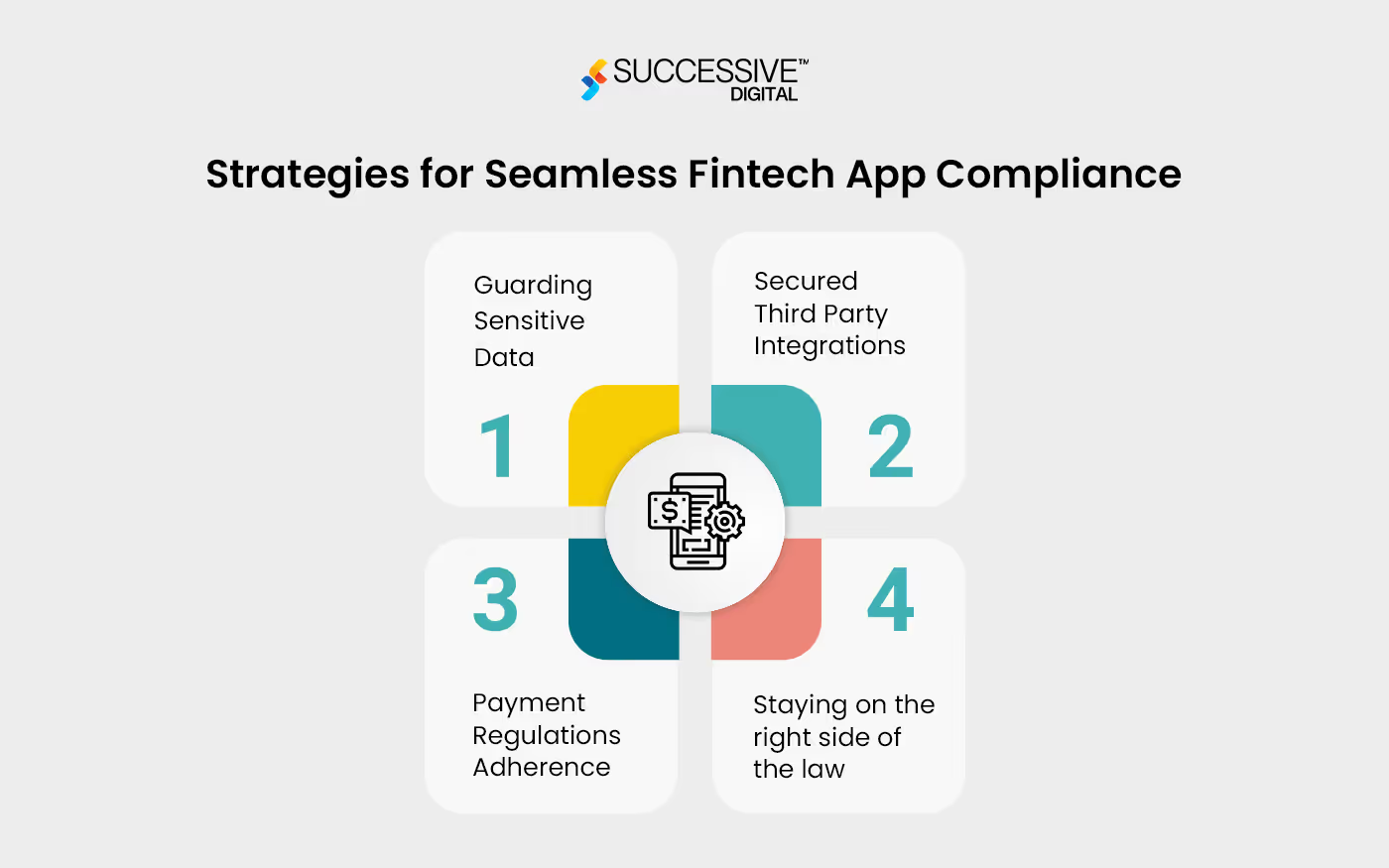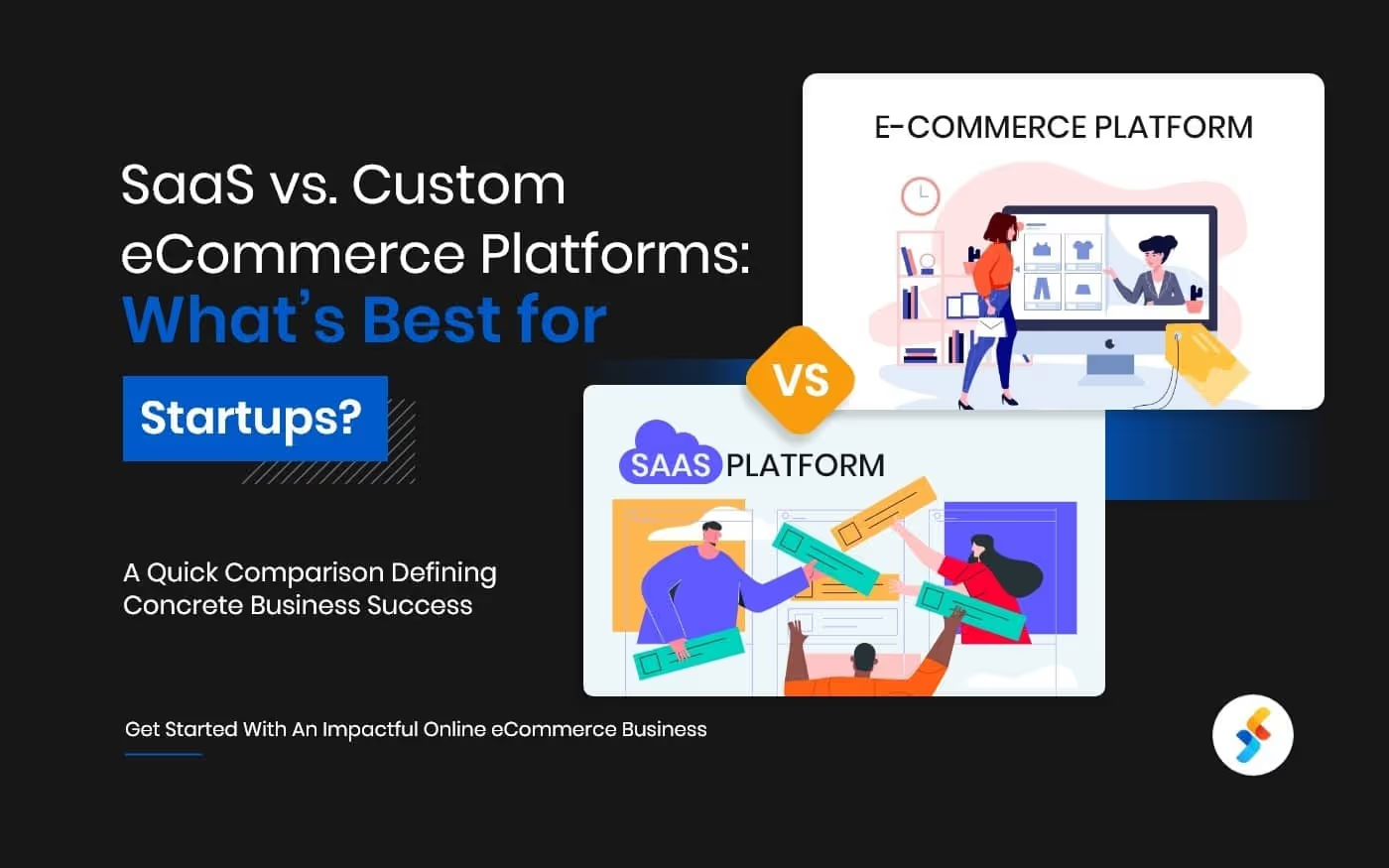The financial sector worldwide has historically been one of the business sectors most resistant to disruption by technology until very recently. But as we look at our cell phones, we see that there are probably at least two money management or fintech apps on our home screens—maybe more.This happened due to the boom in fintech app development services, where innovative startups are disrupting traditional financial services and offering new solutions to consumers and businesses alike. The ease these services bring to our lives has increased the adoption of Fintech applications, but confidential data management has increased consumer inertia in financial services indeed. Consumers have generally been slow to change financial service providers. Especially in developed economies, consumers have historically gravitated toward the established financial institutions in banking and insurance that were seen as protected walls of stability even in times of turbulence. This is due to the compliance implementation by these fintech apps that customers trust them. In this blog, we’ll discuss everything about Fintech risk and compliance and the strategies to win customer trust by safeguarding customer data.
The Threat Landscape For Fintech Apps
In 2021, right after the world bounced back to the new normal, fintech companies achieved a record amount of transactions in every major area—including the Americas, EMEA, and Asia-Pacific. The growth has continued ever since. This makes the fintech app development landscape well-positioned to continue evolving, and new ones are projected to emerge and flourish.However, while these apps offer many benefits, it also poses some risks. For example, fintech companies tend to be less regulated than traditional financial institutions. As these apps handle and capture huge amounts of user confidential data, they are more vulnerable to cyberattacks. Here are the potential cybersecurity threats that put fintech apps at risk.
Data Breaches
One of the alarming concerns that digital financial institutions face worldwide is data breaches. Fintech companies collect the most sensitive data of users. This raises concerns about how this data will be used and protected.Data breaches pose a serious risk to the global finance industry because hackers might use vulnerabilities to access networks without authorization and take advantage of sensitive client data. Every year, millions of accounts are exposed by hacks that have even affected well-known fintech organizations.First American Financial Corp experienced a data breach in the financial sector in May 2019, which exposed more than 885 million financial and personal records connected to real estate transactions. This was one of the biggest examples of data breaches in the financial tech business.Other than this, after getting access through the online portal breach, the attackers were able to easily access several servers since Equifax, an American multinational consumer credit reporting business, did not segment its IT ecosystem. As a result, the hackers were able to capture and steal the usernames and passwords sorted in plain text, which were used to escalate privileges to achieve deeper access, impacting 147 million users.
Phishing
Financial institutions that operate digitally are a common target for cyberattacks such as phishing, as they have most of the user information. Here are the common cyber attacks that identify as phishing
- An attempt to steal sensitive information, such as usernames, passwords, or credit card details, by impersonating another company.
- An attempt to mislead a person by impersonating a govt entity and asking for ransom.
- Tricking customers into disclosing sensitive financial information or resetting passwords via email or phone.
Phishing is a very common fraudulent practice, and almost every fintech app user has encountered it at some point in their lives. Now, why are phishing attacks a concern? Because people are more likely to fall prey to these threats than others. In the first half of 2021, phishing attacks in the financial sector increased by 22% compared to the same period in 2020To safeguard users from phishing, spreading awareness of potential tactics used by cybercriminals is extremely important. These programs must include spreading a word through these applications itself by running awareness campaigns.
Non-secured APIs
Unsecured APIs are another weak point, posing a threat to the entire fintech industry. These APIs allow attackers to extract information or manipulate data if proper access controls aren’t implemented.Research by Gartner found that many API breaches occurred because “the breached organization didn’t know about their unsecured API until it was too late.”APIs are critical in the fintech ecosystem for data sharing and integration, but their flaws can result in unwanted access, data breaches, and financial fraud.APIs that are not properly protected or encrypted can be exploited using a variety of attack methods, including credential stuffing, account takeover, API call request manipulation, distributed denial-of-service (DDoS), and man-in-the-middle attacks.All fintech firms need to have robust cybersecurity programs in place to ensure proper protection. These programs should include data encryption, firewalls, and intrusion detection systems.
What is FinTech Compliance?
Regulatory compliance in fintech refers to fintech companies' processes and policies that ensure they follow laws and regulations and protect their data from breaches.Fintech companies must follow regulations to avoid fines, create client trust, and maintain operational stability.Because of the increasing frequency of cyber-attacks on the fintech sector, governments have begun to enforce security under applicable laws and industry standards for how these organizations store, manage, and process financial data in transit and at rest.As per compliance, fintech companies must adhere to rules such as the EU's General Data Protection Regulation (GDPR), payment card industry standards like PCI DSS, and worldwide frameworks like ISO 27001.Here are all the regulatory requirements and bodies across the world for Fintech App Security Compliance
Who’s watching? Regulatory Authorities and their Laws
1-United States
The world's largest fintech industry is in the United States, which means it has one of the most comprehensive lists of regulatory compliance rules for fintech enterprises and startups.In the United States, Fintech app development companies must comply with the norms and standards established by federal agencies such as:
- CFPB: The Consumer Financial Protection Bureau (CFPB) enforces civil antitrust and consumer protection statutes.
- FinCEN: the Financial Crimes Enforcement Network (FinCEN) collects information on all financial transactions to prevent fraud.
- OCC: The Office of the Comptroller of the Currency (OCC) oversees fintech companies to verify that their operations comply with fintech rules and regulations.
- CFTC: The Commodity Futures Trading Commission (CFTC) regulates the derivatives market, including futures, swaps, and specific options.
- FINRA: The Financial Industry Regulatory Authority (FINRA) regulates member brokerage firms and exchange markets.
Based on the service offering of your Fintech Application, you must comply with the regulations provided by the bodies mentioned above. Additionally, certain laws need to be adhered to. They include:
- The Gramm-Leach-Bliley Act oversees whether the Fintech company protects consumer data while ensuring customers understand the privacy policies.
- The Electronic Fund Transfer Act is used to develop an online payment application. This law controls the authorization procedures needed to make transactions online.
- Adherence to the US Patriot Act. Enables financial technology platforms to train their workers to understand and follow the laws of Know Your Customer (KYC) and AML policies, among other identification standards.
- The E-Sign Act provides a set of standards and regulates electronics and signed documents.
2-Australia
For financial institutions in Australia, the Australian Securities and Investments Commission (ASIC) regulates the fintech app compliance for data protection.
- ASIC's data regulation approach balances responsible innovation with monitoring market integrity and protecting consumers.
- In Australia, the body is also responsible for promoting investor and consumer trust and confidence and for ensuring market integrity, fairness, and efficiency.
The regulatory body ASIC also enforces consumer protection laws under the Australian Securities and Investments Commission Act 2001 (ASIC Act) regarding financial products or services, including credit activities.
3-Europe
For fintech firms operating in the European Union, the European Banking Authority (EBA), the guiding authority, along with the European Securities and Markets Authority (ESMA) and the European Insurance and Occupational Pensions Authority (EIOPA), oversees the fintech app security compliance.These three regulatory authorities work together to maintain market integrity, protect consumers, and foster innovation in the fintech sector.
Strategies for Seamless Fintech App Compliance

The fintech landscape is making lives easy with advanced technologies like AI, ML, IoT, and Blockchain, but how with the arrival of these regulatory bodies, they are giving extra scrutiny to these new innovative technologies. Hence, Fintech applications must be extra careful with how they handle the data and provide security against potential breaches. With that in mind, here are five best practices that every financial professional should know when it comes to fintech compliance.
1- Guarding Sensitive Data
Fintech firms handle a goldmine of sensitive user data. From financial specifics to personal details about clients, with the emergence of technologies like AI, these fintech apps even know how annual projection and our money management mindset. All in all, these apps know everything that can be used against users at some point in time if now managed well. Hence, the first practice of building a secured fintech application includes implementing key security strategies, including encrypting data, ensuring data can be recovered if lost, and strictly regulating who has access to it.Additional layers of protection, like secure storage solutions and data loss prevention tools, are also important. Also Read- A comprehensive guide to fintech app development cost
2- Secured Third Party Integrations
One of the most severe cyber-attacks happens through unsecured APIs. Though APIs provide an easy-to-navigate app environment, they potentially open doors to security breaches. Hence, it’s essential to thoroughly analyze potential partners, establish secure communication pathways and API development or integrations, and constantly review data shared between platforms. For secure fintech app development, ensure secure access by using two-factor authentication, biometric methods, and robust authorization protocols to provide secure communication between servers and web applications.
3- Payment Regulations Adherence
While the fintech app development ecosystem relies massively on payment integrations, if not done well, this can open the doors for potential threats related to payment information breaches. To get payment regulation adherence, partner with a robust fintech app development company that utilizes encryption techniques to protect user data and financial accounts, using robust algorithms like AES or RSA with large key sizes to ensure the highest level of security.
4-Adhering To The Law and Order
It’s important to understand that all these compliances in fintech aren’t just hoops to jump through but also contributing factors to safeguarding the app and users against threats. Adhering to the rules and compliance mentioned above is as important as knowing your customers for the success of a FinTech app.Fintech compliance and adherence to KYC rules, AML directives, and data protection statutes are essential. Ignoring or neglecting adherence to the regulations can lead to legal troubles, hefty fines, and a sullied reputation.
Conclusion
The fintech market has the potential to transform traditional financial services for good. By changing the way we bank, make investment decisions, and manage our money, our lives rely a lot on these applications. With so much impact they create on users, financial institutions should prepare for the future with the tools and technologies to stay up to date with data and fintech compliance. Providing robust tech infrastructure with an easy-to-use interface is important, but protecting the data and ensuring the safety of payments is even more important. Successive Digital has the right set of technical acumen and a hold over developing fintech applications with complete adherence to fintech laws and regulations. With many fintech projects in our portfolio, we have cultivated a culture of compliance, blending it with technology.Contact our experts to realize the full potential of fintech application development and promote safe fintech experiences.
.avif)



.webp)






.jpg)









